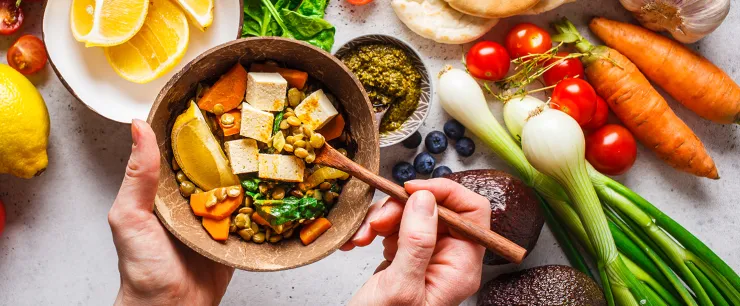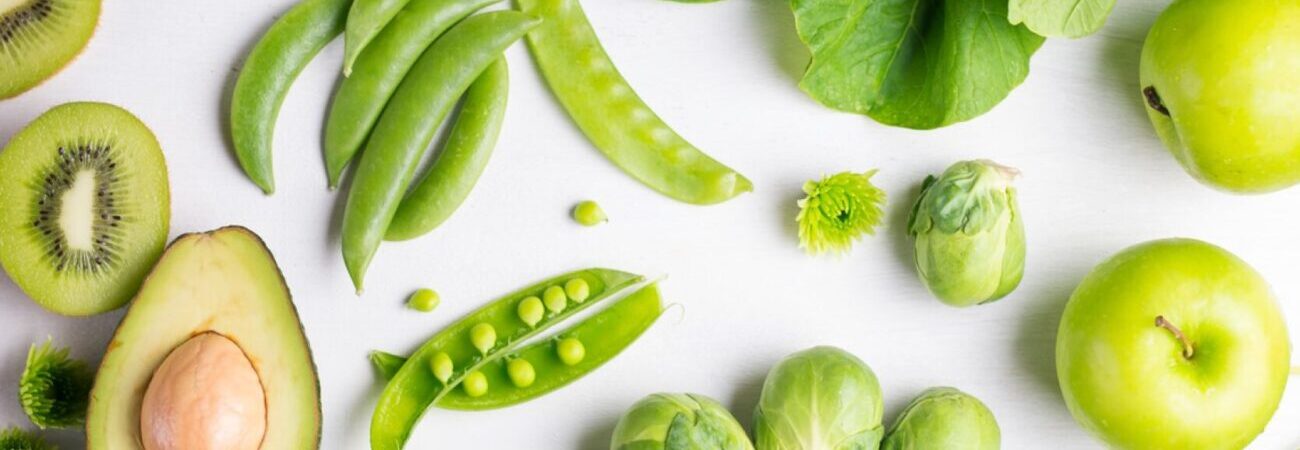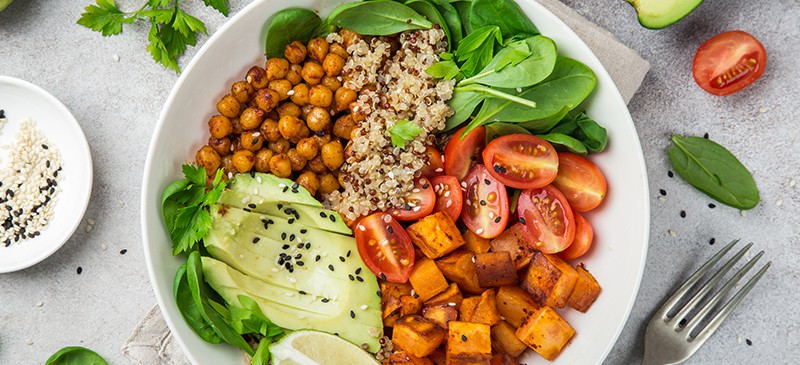A plant-based diet meal plan centers around whole, minimally processed foods derived from plants. Unlike strict veganism, a plant-based diet doesn’t necessarily exclude all animal products, but it emphasizes fruits, vegetables, whole grains, legumes, nuts, and seeds as the primary components of daily nutrition.
This approach to eating has gained widespread attention for its health benefits, environmental sustainability, and ethical considerations. Whether you’re transitioning gradually or going all in, creating a balanced plant-based meal plan can help you achieve optimal health while enjoying delicious, nutrient-dense foods.
Benefits of a Plant-Based Diet
Improved Heart Health: Diets rich in fruits, vegetables, legumes, and whole grains have been linked to lower risks of heart disease.
Weight Management: Plant-based diets tend to be lower in calories and saturated fats, helping many people maintain a healthy weight.
Lower Risk of Chronic Diseases: Studies show that plant-based diets may reduce the risk of type 2 diabetes, certain cancers, and high blood pressure.
Better Gut Health: High-fiber plant foods support a healthy microbiome and aid digestion.
Environmental Impact: Plant-based eating uses fewer natural resources and produces fewer greenhouse gases than animal-based diets.
Key Components of a Balanced Plant-Based Diet

To build a nourishing plant-based meal plan, focus on variety and balance. Here are the essential food groups to include:
Fruits and Vegetables: Aim for a colorful variety to ensure a broad intake of vitamins, minerals, and antioxidants.
Whole Grains: Choose brown rice, quinoa, oats, barley, and whole wheat for sustained energy and fiber.
Legumes: Beans, lentils, chickpeas, and peas are excellent protein and iron sources.
Nuts and Seeds: Almonds, walnuts, chia seeds, flaxseeds, and sunflower seeds offer healthy fats, protein, and omega-3s.
Plant-Based Proteins: Include tofu, tempeh, edamame, and plant-based meat alternatives in moderation.
Healthy Fats: Avocados, olive oil, and coconut products help with nutrient absorption and satiety.
Dairy Alternatives: Fortified plant milks (like almond, soy, oat) and non-dairy yogurts provide calcium and vitamin D.
Sample 7-Day Plant-Based Meal Plan
Here’s a simple meal plan to get started:
Day 1
Breakfast: Overnight oats with chia seeds, almond milk, and berries
Lunch: Quinoa salad with chickpeas, cucumbers, tomatoes, and lemon-tahini dressing
Dinner: Stir-fried tofu with broccoli, bell peppers, and brown rice
Snack: Apple slices with peanut butter
Day 2
Breakfast: Smoothie with spinach, banana, flaxseeds, and plant-based protein powder
Lunch: Lentil soup with whole grain toast
Dinner: Vegan chili with black beans and cornbread
Snack: Trail mix with nuts and dried fruit
Day 3
Breakfast: Avocado toast with tomato and hemp seeds
Lunch: Hummus wrap with lettuce, carrots, cucumber, and sprouts
Dinner: Baked sweet potato with black beans, corn, and guacamole
Snack: Fresh fruit or vegetable sticks with hummus
Day 4
Breakfast: Vegan pancakes topped with fresh fruit and maple syrup
Lunch: Buddha bowl with farro, roasted veggies, kale, and tahini dressing
Dinner: Spaghetti with lentil marinara sauce and a side salad
Snack: Roasted chickpeas
Day 5
Breakfast: Chia pudding with coconut milk and mango
Lunch: Edamame and veggie sushi rolls
Dinner: Thai-style curry with tofu and mixed vegetables
Snack: Banana with almond butter
Day 6
Breakfast: Vegan yogurt with granola and berries
Lunch: Black bean burrito bowl with rice, salsa, lettuce, and avocado
Dinner: Grilled portobello mushrooms with quinoa and steamed greens
Snack: Dark chocolate and walnuts
Day 7
Breakfast: Smoothie bowl with kale, frozen berries, oats, and seeds
Lunch: Falafel with tabbouleh and tahini sauce
Dinner: Zucchini noodles with pesto and roasted vegetables
Snack: Edamame or air-popped popcorn
Tips for Success on a Plant-Based Diet
Meal Prep: Cook in batches to save time and ensure healthy options are always available.
Read Labels: Watch for added sugars, preservatives, and artificial ingredients in processed plant foods.
Supplement Wisely: Consider vitamin B12, vitamin D, omega-3, iron, and calcium supplements if needed.
Stay Hydrated: Drink plenty of water, especially when increasing fiber intake.
Explore New Recipes: Keep things exciting by trying international plant-based cuisines like Indian, Mediterranean, or Thai.
Conclusion
A plant-based diet meal plan can be both nourishing and enjoyable, offering a wide range of health benefits and promoting environmental sustainability. By focusing on whole, unprocessed plant foods and ensuring a variety of nutrients, anyone can thrive on a plant-based diet. Whether you’re curious, transitioning, or fully committed, a thoughtful approach to meal planning makes all the difference.


